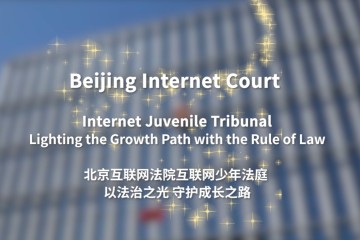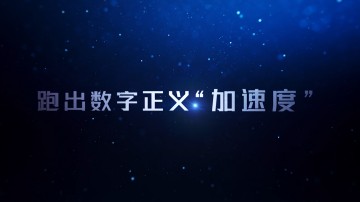AI-generated voice mimicry infringes on rights
A Beijing court has issued a landmark ruling that imitating someone's voice through AI without their permission constitutes an infringement of their personal rights.
The verdict, announced Tuesday by the Beijing Internet Court, stems from a lawsuit filed last year by a voice-over artist surnamed Yin, who discovered her voice had been used in audiobooks circulating online without her consent. The voice was reportedly processed using artificial intelligence technology.
Yin sued five companies involved in the unauthorized use of her voice, including a cultural media enterprise that provided her recordings, an AI software developer, and a voice dubbing app operator. She sought compensation for the infringement.
The court found that the cultural media enterprise sent Yin's recordings to the software developer without her permission. The software company then used AI to mimic Yin's voice and offered the AI-generated products for sale.
"The court determined that the AI-generated voice mimicked the plaintiff's vocal characteristics, intonation and pronunciation style to a high degree," said presiding judge Zhao Ruigang. "This level of similarity allowed for the identification of the plaintiff's voice."
Citing China's Civil Code, Zhao ruled that the actions of the cultural media enterprise and the software developer constituted an infringement of Yin's personal rights. The court ordered the two companies to pay her 250,000 yuan ($34,500) in compensation.
The remaining defendants were not held liable for intentional infringement as they unknowingly used the AI-generated voice product.
"The growing use of AI technology across various fields raises new challenges regarding personal rights," Zhao said. He urged companies to exercise caution when using AI to process or generate voices and images, stressing the importance of obtaining consent from the individuals involved.
The case sets a precedent for future disputes concerning the use of AI-generated voices and highlights the need for legal frameworks to address emerging technologies and their impact on personal rights.

 Judicial White Paper
Judicial White Paper
 Play
Play Play
Play Online Lawsuit Guide
Online Lawsuit Guide Beijing Internet Court Lawsuit Service WeChat Account
Beijing Internet Court Lawsuit Service WeChat Account  Beijing Internet Court WeChat Account
Beijing Internet Court WeChat Account